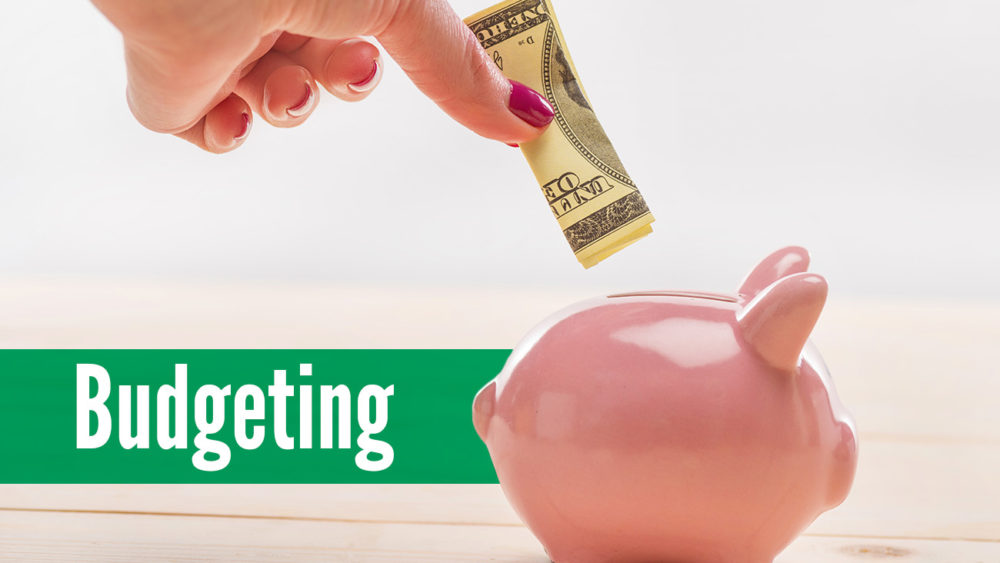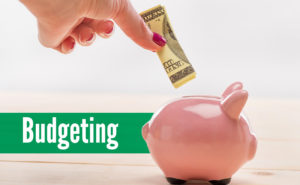No matter if you’re earning three figures, have a variable income, or are living paycheck to paycheck, budgeting is important. Here’s how to start your budget.
-
Decide to start budgeting
- As with anything, the first step that you must do is to decide to do it!
-
Know how much you need to save
- Firstly, know how much money you have saved in savings, checking, and investment accounts, and other financial institutions. In addition, know the interest rates and expenses of each one. This will help in determining your net worth and how you can best use your capital.
-
Know how much you need to make
- Those on a salaried pay scale can easily find their monthly income. However, it may be more difficult for those who work for an hourly wage. A good way to determine your monthly income if you earn an hourly wage is to average out the last six to twelve months of income and use that figure. Choose the lowest monthly amount you have earned in the last year to get a conservative estimate.
-
Know what you owe
- Determining your monthly recurring payments is essential to creating a budget. This should be simple, as long as you have no additional debt in the short term. It’s okay if you still depend on credit cards. Building a budget will help you to get out of any high interest consumer debt.
-
Determine your net worth
- Once you know how much you make and how much you owe, it’s easy to figure out your net worth. Simply subtract what you owe from what you have, and that will give you your net worth. Many people start off with a negative net worth.
-
Determine your average recurring monthly expenses
- The best way to determine this is to make a stack of your monthly expenses. Keep your receipts, utility bills, and any other expenses that arise during a one month period. Then, divide these bills into categories. The categories can be as general or as specific as you’d like.
-
Budgeting software
- Enter this information into an online budgeting software (there’s a lot to choose from!) or into Excel.
-
Look at the bottom line
- After entering in the above information, you’ll get your bottom line. This will tell you whether you are overspending or underspending. Hopefully, you will find that you are living within your means. On the other hand, should you be overspending, you will have to adjust your monthly expenses.
-
Adjust categories based on reality
- Prices change. Your expenses don’t remain the same month in and out. As you notice these price changes affecting your budget, adjust accordingly.
-
Pay yourself first
- Start adding monthly deposits into a savings account. Moving money into a savings account and treating it like an expense will help you build up savings without feeling like you must make deposits out of whatever you have left over.
-
Track and monitor
- Set aside an hour a week to keep track of your budget. Once you have an established budget, keeping it updated is important. An hour a week ensures that all your information is up-to-date and that you won’t be scrambling towards the end of the month to make sure all your information is correct.



Comments are closed.